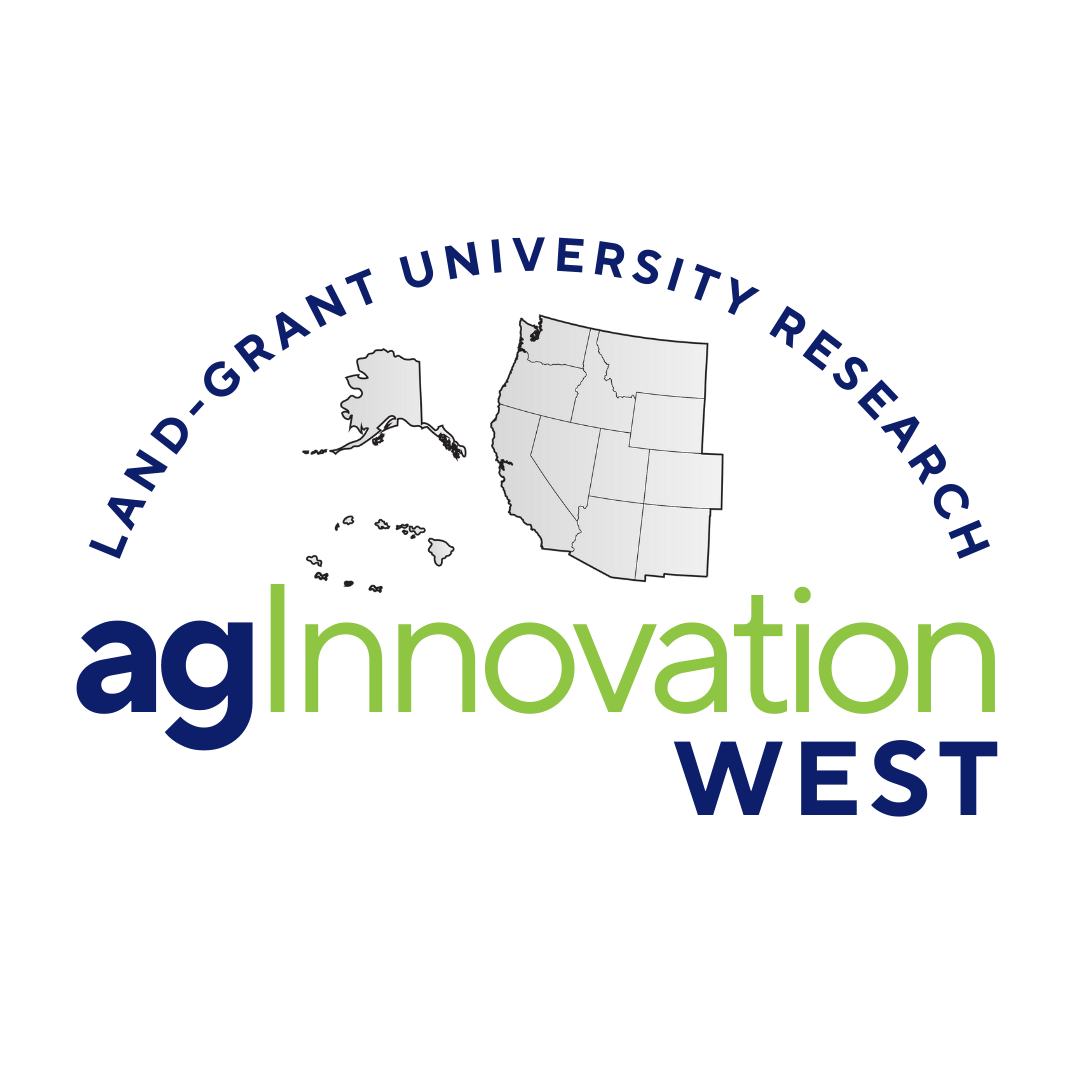
WERA1004: Agricultural and Community Development in the American Pacific
(Multistate Research Coordinating Committee and Information Exchange Group)
Status: Inactive/Terminating
WERA1004: Agricultural and Community Development in the American Pacific
Duration: 10/01/2009 to 09/30/2014
Administrative Advisor(s):
NIFA Reps:
Non-Technical Summary
Statement of Issues and Justification
The American Pacific faces a unique set of challenges. While all of the island entities have a relationship with the United States, each is somewhat different with unique internal government structures. The total landmass of these islands is small, but it covers an area larger than the continental United States. The people living on these islands are culturally diverse, speak a variety of languages, and are struggling with the issues of preserving language and culture while incorporating the benefits of technology. Most of the island economies are struggling and lack good infrastructures. The majority of the food consumed in the American Pacific is imported with selection dictated by the importers and supply subject to shipping problems. Island life and agriculture are vastly different form the U.S. mainland and need unique approaches to develop appropriate solutions. Therefore, the Pacific Land Grant Institutions have joined together to focus efforts and resources in areas that have the greatest potential impact on their under served populations. The American Pacific shares much in common with Hawaii and Alaska. In the islands, communities are isolated by the ocean; in Alaska, communities are isolated by distance and the lack of roads. The island and Alaskan entities have research projects, extension programs, and college instructional degrees that address similar issues, such as distance education, and community sustainability. This coordinating committee facilitates the work of the six Land Grant Institutions to solve common problems, increase productivity, share expertise, and provide capacity building. This partnership focuses on major regional issues of creating sustainable agriculture, protecting against invasive species, building stable economies and communities, promoting food safety and security, and promoting healthy lifestyles. The stakeholder base is large and diversified. While no one is excluded, farmers, families, and native populations are likely to comprise the majority of the clients.
Objectives
-
Exchange information regarding the effects of climate change
-
Develop and share food security and suffiency results for isolated island and Alaskan communities
-
Develop and share energy security results for isolated island and Alaskan communities
-
Coordinate activities that limit the effects of invasive species and biological threats
-
Develop and share health and lifestyle programs
Procedures and Activities
Research programs of various types will be coordinated across the six Land Grant Institutions. With the enormous variations of environments represented across this region, research projects will study the effects of climatic conditions, rainfall, and temperature in agricultural production. This research is of great value to stakeholders and clients.
Expected Outcomes and Impacts
- Generate intest on the effects of climate change on isolated island and Alaskan communities
- Create and share dynamic solutions for food and energy security
- Coordinate programs to address invasive species and biological threats
- Create and share dynamic solutions for health and lifestyle programs
Projected Participation
View Appendix E: ParticipationEducational Plan
The information exchange would promote cooperation on research projects and extension programs. The information from research would be made available to the public in a variety of methods: publications, websites, workshops, newspaper articles, and radio and television programs. Extension programs are open to all individuals. Many of the persons living in the island and Alaskan communities are considered to be members of the under-represented communities. Under-represented communities form a large core of the clientele and participants in our programs and projects.
Organization/Governance
Committee Members Section 1. Membership shall consist of the six Pacific Gateway Land Grant institutions of the American Pacific including American Samoa Community College, College of Micronesia, Northern Marianas College, University of Alaska Fairbanks, University of Guam, and University of Hawaii at Manoa. Section 2. Each institution shall be represented by the Land Grant dean, director, or appointee of the institution. Elections for Committee Chair Section 1. The chair shall be elected by ballot from among the members of the Board of Directors to serve for two years. The term of office shall begin at the beginning of the fiscal year following the meeting at which he/she is elected. Section 2. Should the chair no longer be able to serve, the members of the Board of Directors shall elect a new chair at the subsequent directors meeting. Meetings Section 1. The regular meeting of the organization shall be held at least one time per year. The date(s) and location(s) of the meeting(s) shall be established by the Board of Directors at the previous meeting. Section 2. If a director is unable to attend a Board of Directors meeting, a letter appointing a fully authorized proxy in his/her place shall be sent to the chair prior to the Board of Directors meeting. Section 3. Each ADAP director or proxy for a director shall have one vote for motions brought before the Board of Directors. Section 4. Four members of the Board of Directors shall constitute a quorum. Parliamentary Authority Section 1. The rules contained in the current edition of Robert's Rules of Order Newly Revised 2000 Edition (10th Edition) shall govern the organization in all cases to which they are applicable and in which they are not inconsistent with these bylaws and any special rules of order the organization may adopt.
Literature Cited
N/A